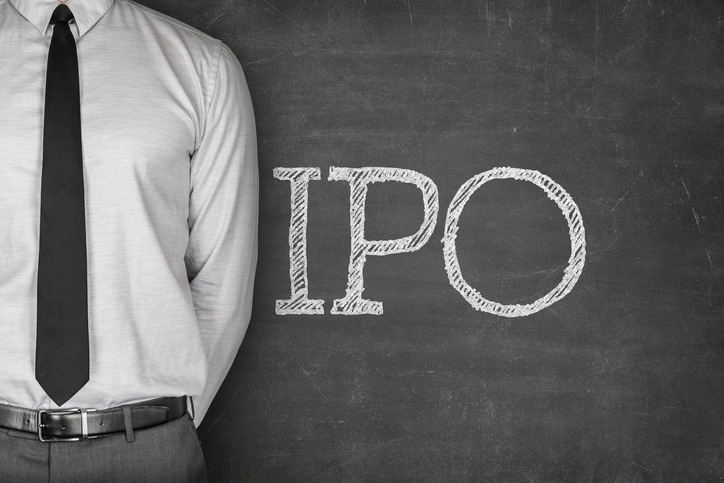First came Aritzia Inc. (TSX:ATZ) last September, then Freshii Inc. (TSX:FRII), and now Canada Goose has filed to go public.
Will Canada Goose fly higher after its IPO or crash to the earth like a Thanksgiving turkey unable to make its escape? That I can’t tell you, but what I can do is give you five things that will help you make a more informed decision.
To the victors go the spoils
Bain Capital owns 70% of Canada Goose’s stock.
In an article I wrote last October about the parka maker’s impending IPO, I mentioned that Bain likely paid somewhere between $200 and $300 million back in 2013. While I used $250 million as a halfway point, let’s up that to $300 million, or a 2013 valuation of $429 million.
Sources suggest Canada Goose will sell 10-15% of the company, raising as much as US$300 million in the process. Let’s assume it sells 10% of the company and raises US300 million, or $391 million in loonies.
That gives it a maximum 2017 valuation of $3.9 billion, providing Bain with a paper profit of $2.4 billion in less than four years. In a worst-case scenario (US$200 million/CAD$261 million for 15% of the company), it’d have a paper profit of $1.2 billion — still a very nice haul.
Forget power to the people
Aritzia did it. Freshii did it. And now Canada Goose is doing it.
That’s right, the dual-class share structure rears its ugly head once more. Canada Goose is selling subordinate voting shares to the public. The shares come with one vote per share, while Bain and CEO Dani Reiss retain multiple voting shares that give them 10 votes per share, allowing them to retain control even after selling up to 15% of its business.
I don’t have a problem with founder-led businesses retaining control in these situations as long as the management team is a capable bunch, and there’s no reason to think they’re not, but it’s important you understand that your vote doesn’t count for nearly as much.
The “D” word
Private equity firms have a standard playbook when it comes to buying businesses: find an attractive target, use as little of your own capital as possible (say 10-20% of the acquisition cost), use the target’s own cash to cover part of the deal, and then borrow as much as is humanly possible to bring the deal home.
If you look at the financials provided in the preliminary prospectus, the company’s interest expenses more than doubled in fiscal 2015 after Bain acquired majority control of the business. That’s not a coincidence.
As of December 31, 2016, the company had outstanding long-term debt of $264.7 million, or 59.8% of its total assets. That’s reasonably high; by comparison, Valeant’s long-term debt is 66% of its total assets. You’ll want to think long and hard about whether or not you can live with this kind of leverage.
Who can forget PETA?
Full disclosure: I own a Canada Goose jacket, but it is without fur. This bone of contention with animal lovers is bound to only get worse once Canada Goose is a public company.
Most of the company’s growth is in the U.S. and outside North America. If organizations like PETA are successful in shaming institutional investors into selling its stock, retail investors are going to be in for a rude awakening.
It’s a Tim Hortons problem
Hey, every second person in Canada has a Canada Goose jacket, right? Well, maybe not every second person, but there are a lot of you out there that do.
As a result, we assume, like Tim Hortons, that everyone will want one. But the truth is, very few Americans know about the brand (16% brand awareness in U.S. compared to 76% in Canada), which makes its retail expansion potentially risky, not to mention expensive.
Of course, Timmie’s is starting to chip away at the U.S. market, but it’s never going to be Starbucks, and it’s unlikely that Canada Goose will be Columbia Sportswear in the near future, despite having a potential valuation almost as large on about one-tenth the revenue.
Bottom line
I’m not saying buying Canada Goose would be the worst investment ever, but don’t let home-country bias get in the way of making a good investment decision.








